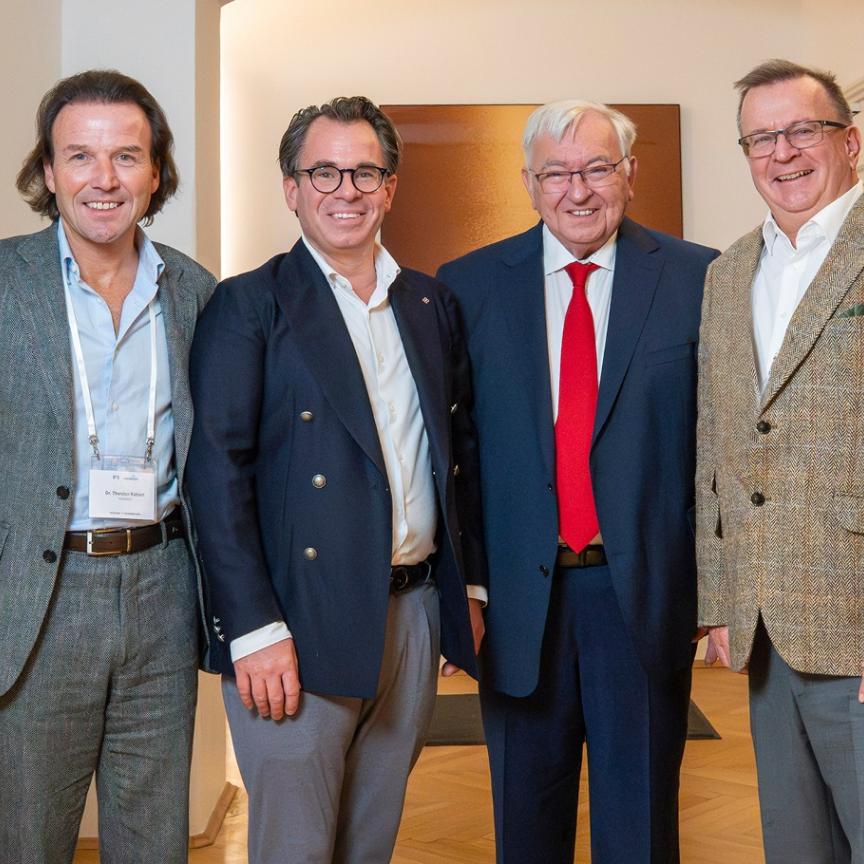A scientist at nanoelectronics research centre Imec has been awarded a €2 million Consolidator Grant by the European Research Council (ERC), for the development of an imaging system that could increase the survival rate of cancer patients. Professor Dr Lagae, R&D manager of life science technologies at Imec, is using nanoelectronic technology to create a lens-free single cell analyser, which will be able to detect circulating tumour cells at an early stage.
The grant is part of a total of nearly €575 million awarded to 312 scientists by the ERC in January, as part of its first Consolidator Grant competition. Grants are worth up to €2.75 million each, with an average of €1.84 million per grant. Lagae and her team will receive a total of €2 million over a duration of two years for the SCALPEL project (Single Cell AnaLysis and Sorting Platform based on Lens-free digital imaging applied to Rapid Cancer Detection).
Currently, single cell analysis remains tedious with many different instruments and protocols, typically taking a few days of intense, hands-on work. The process not only slows down research, but also hinders the translation to application in clinical practice.
The system is based on lens-free digital imaging to analyse the physical morphology of single cells flowing at high speeds through a microfluidic network by using gentle cell sorting switches to route the cells towards different outlets. It combines the virtues of microscopic ‘high content’ imaging with the virtues of automated ‘high throughput’ single cell analysis and sorting at a fraction of the cost. Because all optomechanical components, such as lenses, detectors, and nozzles, are replaced by nanoelectronics and advanced signal processing technology, the devices will be cheap and compact.
Lagae will collaborate with Professor Deniz Wirtz from the Institute for NanoBioTechnology at John’s Hopkins Univeristy in the USA and Professor Johan Swinnen from the department of oncology at the KU Leuven University in Belgium, for showing the potential of the device in metastasis detection.
Billions of dollars have been spent trying to cure primary tumours, but only a small percentage has been spent detecting circulating tumour cells that cause metastasis. Metastasis is responsible for more than 90 per cent of cancer-related deaths, and originates from single circulating tumour cells, spreading via the blood stream to seed new tumours. Detection of those highly aggressive circulating tumour cells at an early stage would greatly improve the chance of survival, which is an example of an application that could benefit from the cell sorter.
The European Research Council (ERC) Consolidator Grant scheme targets researchers with seven to twelve years’ experience after their PhD, with a scientific track record showing great promise. Through open competition it awards grants to projects led by researchers in Europe, with the aim to recognise the best ideas, and retain and confer status and visibility to the best brains in Europe.


